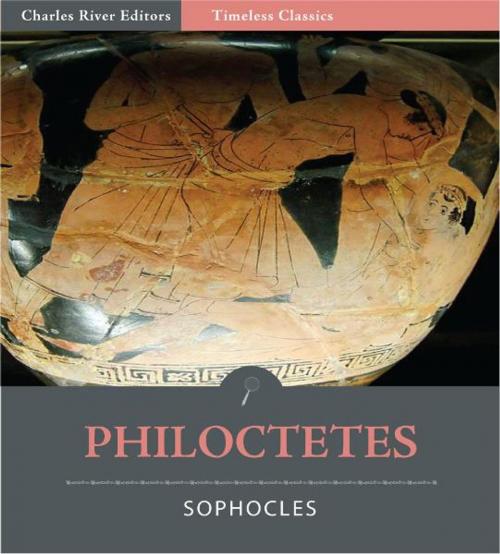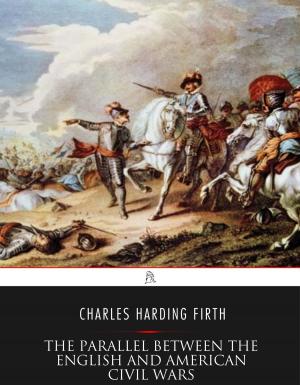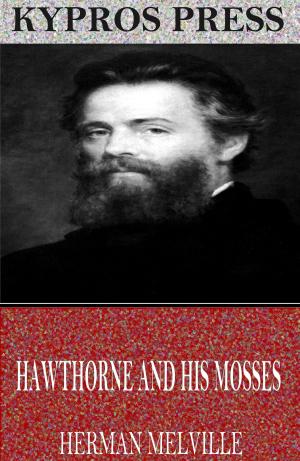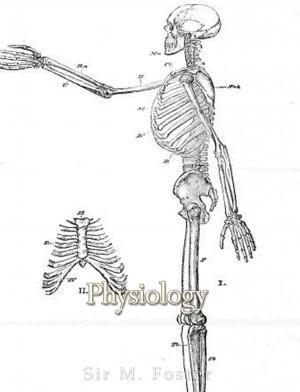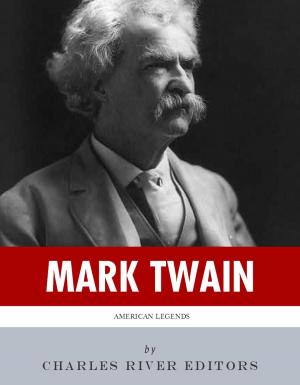| Author: | Sophocles | ISBN: | 9781619829015 |
| Publisher: | Charles River Editors | Publication: | January 12, 2012 |
| Imprint: | Language: | English |
| Author: | Sophocles |
| ISBN: | 9781619829015 |
| Publisher: | Charles River Editors |
| Publication: | January 12, 2012 |
| Imprint: | |
| Language: | English |
Philoctetes was part of the Greek expedition to Troy. Before they arrived there, he was bitten by a snake when he unintentionally trespassed on the shrine of a nymph. Because the wound was divine, it would not heal and caused Philoctetes great pain. The Greeks, led by Ulysses, abandoned him on a deserted island. Years later, the Greeks learned from a prophet that they needed the deadly arrows of Hercules in order to capture the city. Hercules had given his bow and arrows to Philoctetes upon his death. Ulysses returns to the island with the noble son of Achilles, Neoptolemus, determined to get the arrows by deceit. Sophocles treatment of this popular story (the play won first prize at the drama festival in 409 BC) is a famous exploration of the conflict between morality and expediency. This edition of Sophocles Philoctetes includes a table of contents and is illustrated.
Philoctetes was part of the Greek expedition to Troy. Before they arrived there, he was bitten by a snake when he unintentionally trespassed on the shrine of a nymph. Because the wound was divine, it would not heal and caused Philoctetes great pain. The Greeks, led by Ulysses, abandoned him on a deserted island. Years later, the Greeks learned from a prophet that they needed the deadly arrows of Hercules in order to capture the city. Hercules had given his bow and arrows to Philoctetes upon his death. Ulysses returns to the island with the noble son of Achilles, Neoptolemus, determined to get the arrows by deceit. Sophocles treatment of this popular story (the play won first prize at the drama festival in 409 BC) is a famous exploration of the conflict between morality and expediency. This edition of Sophocles Philoctetes includes a table of contents and is illustrated.
